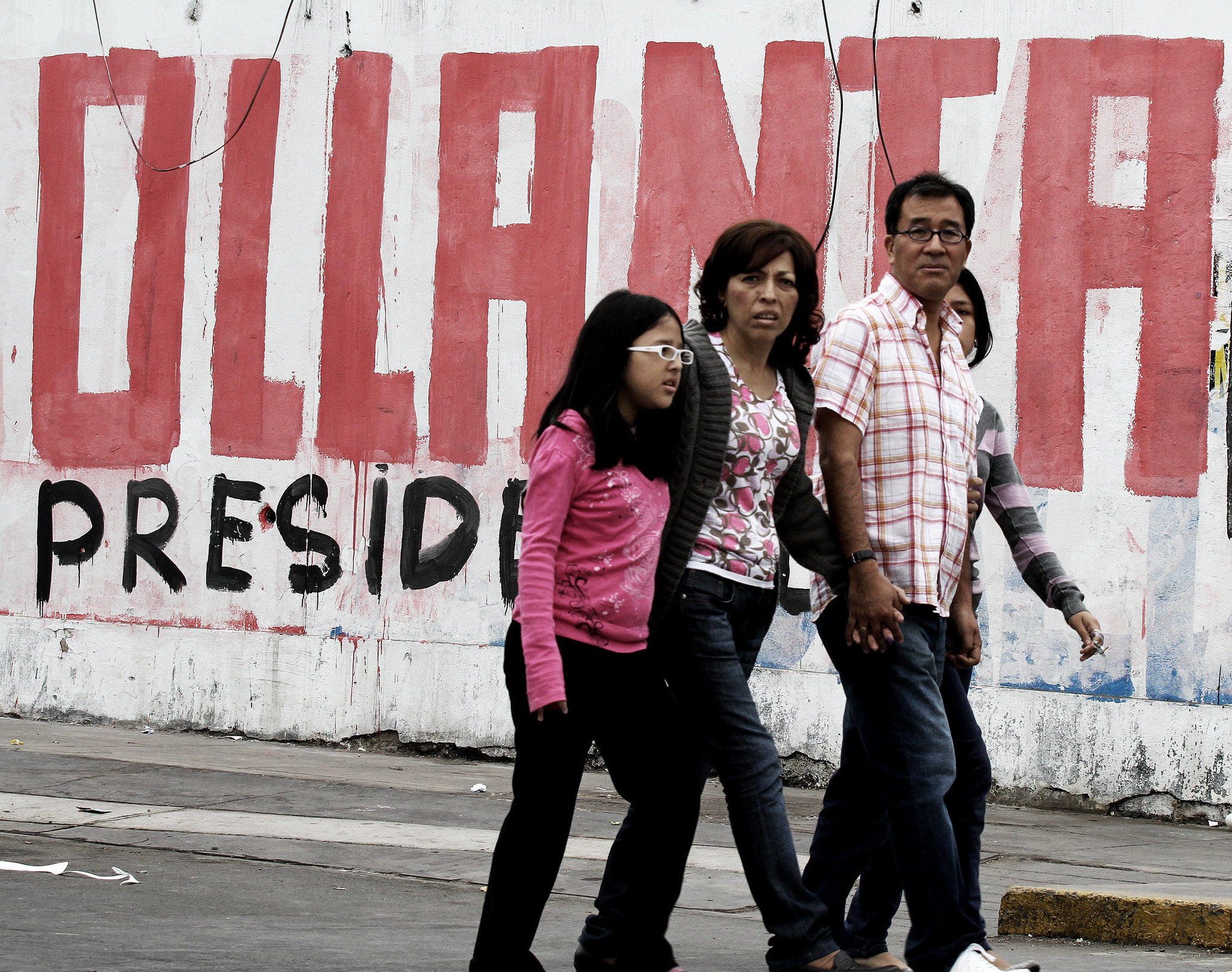Social Learning, Overconfidence, and Voting

Political Advertisements in Peru. Photo Credit: Marco del Rio, Flickr
Voting is at the core of democracy, and yet, many people fail to participate in elections. This is particularly important in the developing world, where despite the fact that the poor represent the largest part of the electorate, we see that public services do not seem to be catered to them. In order to increase participation in elections, the most basic form of political representation, governments and NGOs implement different types of policies and programs to try to boost turnout. This project combines a field experiment with a reduction in the fine for abstention in national level elections to study the impact of monetary incentives to vote. Using experimental data from an election in Peru, the researcher finds that voters who received information about a 50% reduction in the fine were 2.6% less likely to vote, and those who knew about a 75% reduction were 5.3% less likely to vote. This is caused primarily by voters in the center of the political spectrum and who hold less political information. However, aggregate preferences for certain policies did not change as a result of increased abstention, and the level of the fine did not affect individuals’ decisions to acquire political information. The study also found that reducing the fine led to a decrease in vote buying and increase in the price of one vote.

